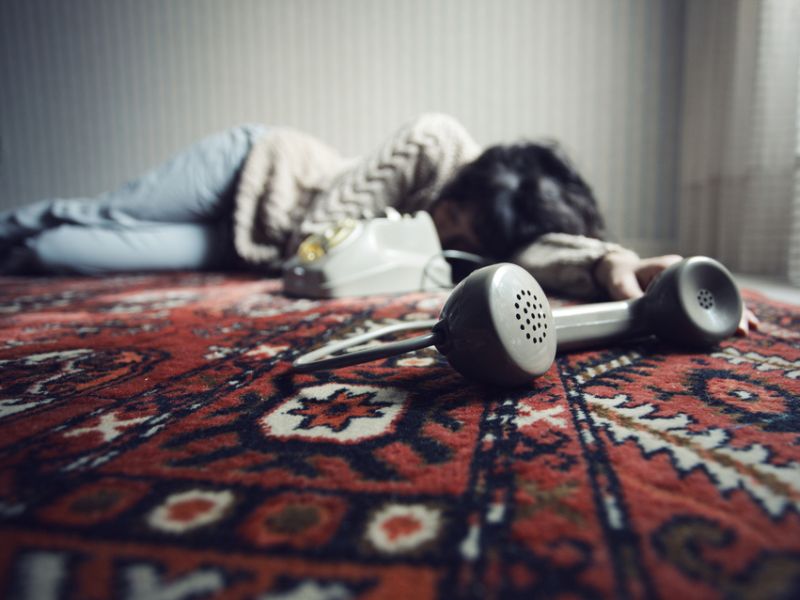Suicidal thoughts and feelings can be incredibly distressing and overwhelming, affecting a person’s brain and body in various ways. These feelings may arise due to multiple factors, such as mental health issues, stress, trauma, or difficult life circumstances.
When a person feels suicidal, their brain undergoes significant changes that can affect their emotional and cognitive functioning. For instance, the brain’s prefrontal cortex, which is responsible for decision-making and impulse control, may become less active, making it harder to reason and resist negative thoughts. Additionally, the amygdala, which is involved in processing emotions, may become more reactive, leading to heightened fear and anxiety.

Image Credit: Shutterstock/Stokkete
At the same time, the body may also change in response to suicidal feelings. For example, stress hormones such as cortisol and adrenaline may increase, leading to physical symptoms such as rapid heartbeat, sweating, and muscle tension. These physiological changes can further exacerbate the emotional distress that a person may be experiencing.
Furthermore, feeling suicidal can also affect a person’s sleep patterns. Insomnia and other sleep disturbances are common among people experiencing suicidal thoughts, and these sleep problems can further worsen their mood and cognitive functioning.

Image Credit: Shutterstock/myboys.me
It’s important to note that experiencing suicidal thoughts or feelings is not a sign of weakness or failure. Instead, it is a symptom of an underlying issue that needs to be addressed. Seeking professional help, such as therapy or medication, can effectively address the root cause of these feelings and improve one’s mental health.
In summary, feeling suicidal can significantly impact a person’s brain and body, leading to changes in emotional and cognitive functioning, increased stress hormones, and sleep disturbances. However, it’s important to remember that help is available, and seeking professional support can make a positive difference in one’s mental health and well-being.